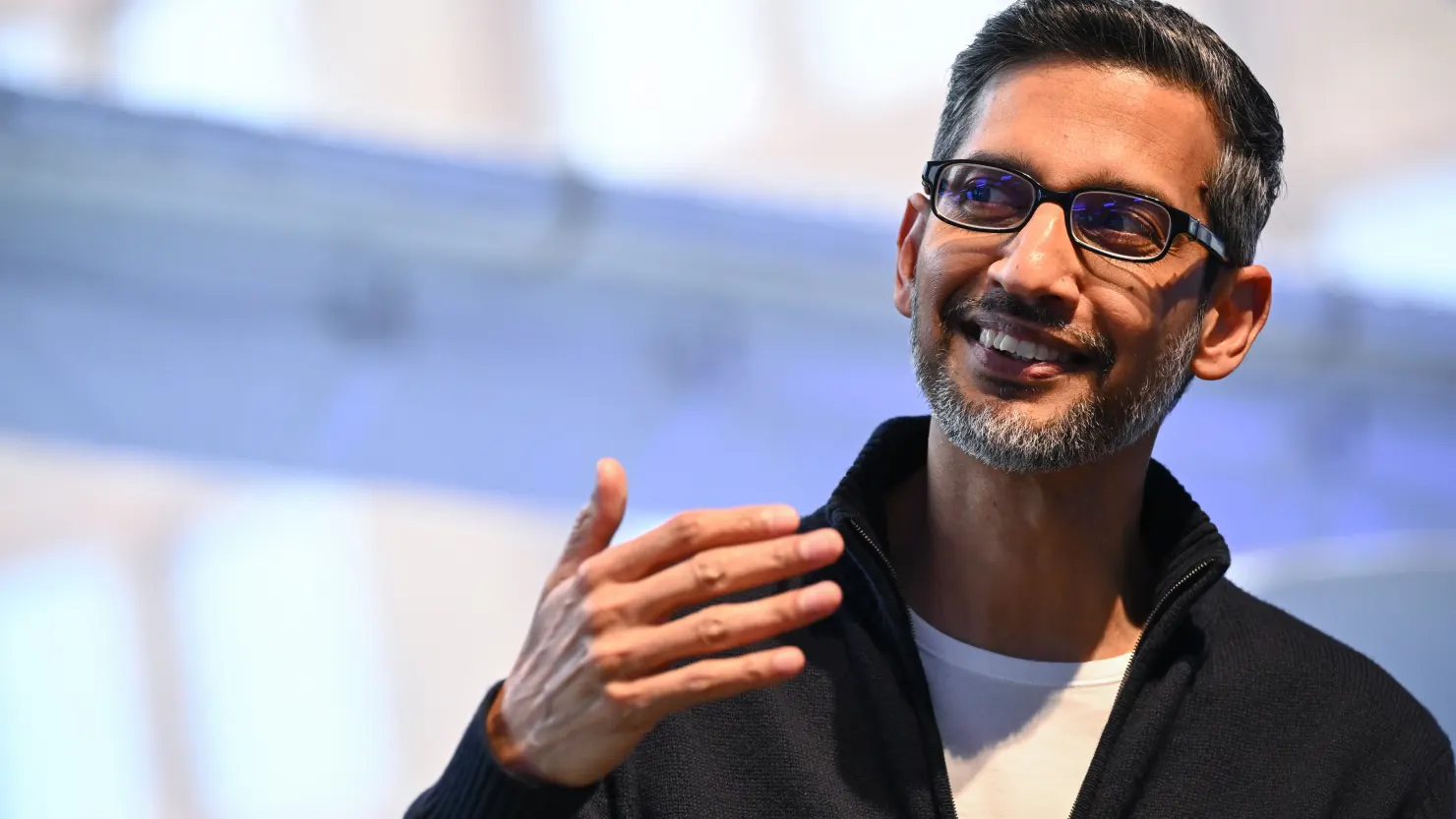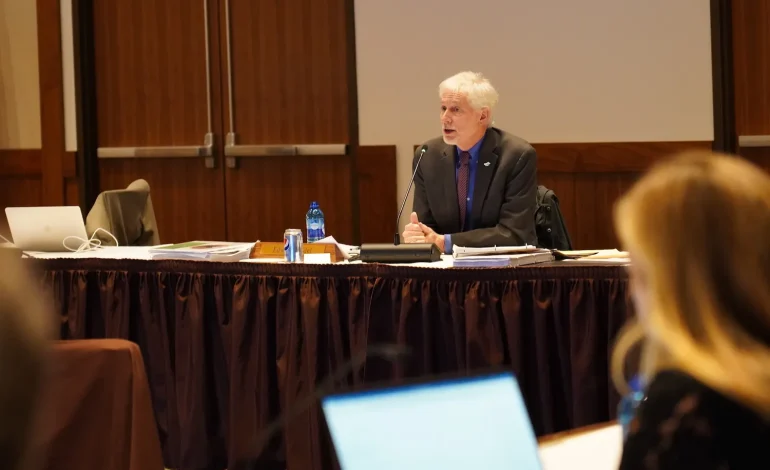The University of Wyoming (UW) Board of Trustees has decided to retain President Ed Seidel despite significant unrest on campus, including a no-confidence vote from the Faculty Senate.
In response to ongoing dissatisfaction with the university’s leadership, particularly concerning the controversial demotion of the College of Engineering and Applied Sciences Dean Cameron Wright, the trustees announced the formation of a new committee. The committee, though its exact structure remains unclear, is tasked with improving communications and promoting shared governance at the university.
The decision to form this committee comes after a period of intense criticism from faculty, donors, and other academic leaders. Many have expressed concerns over what they view as a top-down decision-making culture at the university, which they say undermines academic freedom and faculty involvement in key decisions. The controversy began when Wright was abruptly demoted, a move that many faculty members saw as retaliatory, especially in light of Wright’s opposition to a funding shift that redirected resources from his department to the new School of Computing—led by Seidel’s romantic partner, Gabrielle Allen.
The Faculty Senate’s April 7 vote of no confidence in Seidel marked a significant moment in the ongoing turmoil. The resolution cited a broader pattern of leadership decisions made without adequate faculty consultation, pointing to an atmosphere of secrecy and fear of retribution. The vote reflected widespread dissatisfaction with the current administration’s handling of key academic and governance issues, particularly regarding the leadership changes and financial disputes that have rocked the institution.
Despite the intensity of the situation, the trustees’ response fell short of the faculty’s expectations for substantial leadership change. Chairman Kermit Brown confirmed that Seidel would remain president, and no immediate consequences for his leadership were discussed. Instead, the trustees proposed the creation of a committee that would include two trustees, representatives from faculty, staff, and student governments, as well as Seidel and Provost Kate Miller. The committee will focus on improving shared governance—a principle that faculty members say has been sidelined in recent decisions.
Critics, including former faculty members and lawmakers, expressed skepticism about the effectiveness of the committee, given its structure. With just a few faculty members included, some worry the group may be disproportionately influenced by administration and trustee perspectives, potentially diluting its effectiveness in addressing the concerns raised by the faculty.
Seidel, for his part, has made public statements pledging to work on rebuilding trust and improving communication between the administration and faculty. He has expressed regret over the recent controversies and emphasized his commitment to shared governance. During a town hall and in meetings with deans, Seidel promised to do more to engage faculty and other stakeholders moving forward, though the effectiveness of these efforts remains to be seen.
The controversy at UW is not an isolated incident. The university has experienced a wave of leadership changes in recent months, including the resignation of former Provost Kevin Carman and the removal of Dean Jacob Warren from the College of Health Sciences. These changes, along with the handling of Wright’s demotion, have contributed to a growing sense of dissatisfaction on campus, particularly among those who feel that the leadership has not been transparent or inclusive in its decision-making processes.
WyoFile, Cowboy State Daily, and Wyoming Public Media contributed to this report.










The latest news in your social feeds
Subscribe to our social media platforms to stay tuned